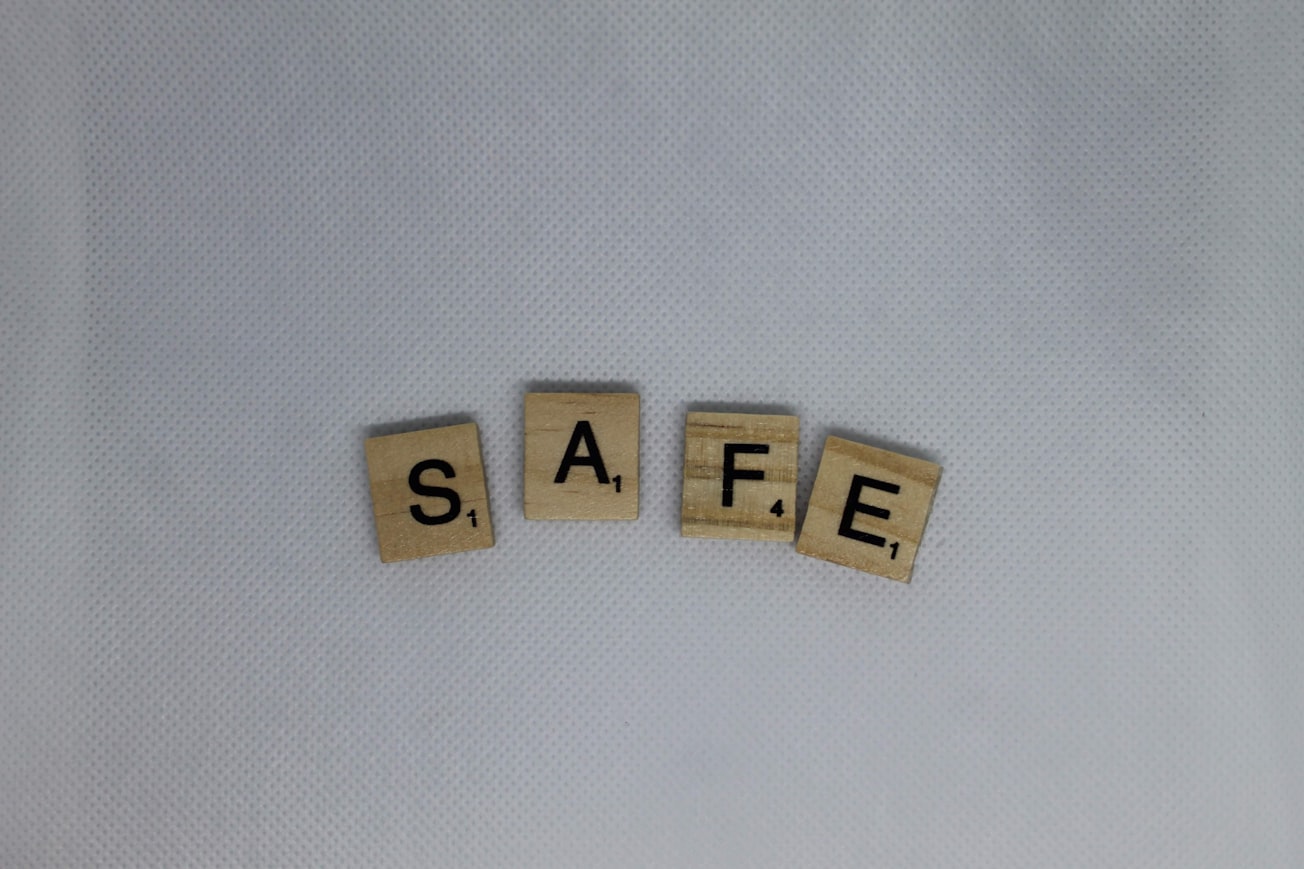What is it about?
We have developed a new scale for measuring psychological safety named the Neuroception of Psychological Safety Scale (NPSS). The scale, consisting of 29 items, assesses how safe a person feels. It is further divided into three sub-scales of Social Engagement, Compassion and Bodily Sensations. The measure is informed by the Polyvagal Theory (PVT), which offers a comprehensive explanation of psychological safety grounded in an evidence base of neurophysiology, psychology and evolutionary theory. The items were identified from the responses to a questionnaire, in which participants were asked how strongly they agreed with 107 statements such as: ‘I felt understood’; ‘I felt compassion for others,’ and ’my heart rate felt steady.’ Using statistical methods, we established which statements were most associated with feeling safe, leading to the 29-item scale.
Featured Image

Photo by Clarissa Watson on Unsplash
Why is it important?
The importance of feeling psychologically safe for health and wellbeing is being increasingly recognised. Feeling psychologically safe is essential for protecting us from stress, anxiety and low mood, while promoting post-traumatic growth following adversity. People often seek therapy because they are struggling to feel safe, blighted by anxiety, stress and low mood. They often wish to feel safe again, or indeed yearn to for the first time. Early adversity and repeated exposure to adverse life events can bias us towards sensing threat, which can significantly challenge feelings of safety and compromise our physical and psychological wellbeing. The measure is the first of its kind, combining psychological, physiological and social components. It has the potential to be used in a broad range of settings, such as tracking progress in psychological therapy or assessing whether a sense of psychological safety enhances learning or improves hospital outcomes. It can also be applied to psychological safety in the wake of the COVID-19 pandemic.
Perspectives
“This improved understanding of the importance of feeling safe has led to an approach I’ve termed Psychologically Informed Medicine, which aims to foster feelings of safety, mitigate medical trauma and improve mental health outcomes for people requiring medical care. This compliments my health advocacy, for people like myself, who depend on livelong medical interventions." Dr Liza Morton
Liza Morton
Glasgow Caledonian University
Read the Original
This page is a summary of: A new measure of feeling safe: Developing psychometric properties of the Neuroception of Psychological Safety Scale (NPSS)., Psychological Trauma Theory Research Practice and Policy, July 2022, American Psychological Association (APA),
DOI: 10.1037/tra0001313.
You can read the full text:
Resources
Contributors
The following have contributed to this page







